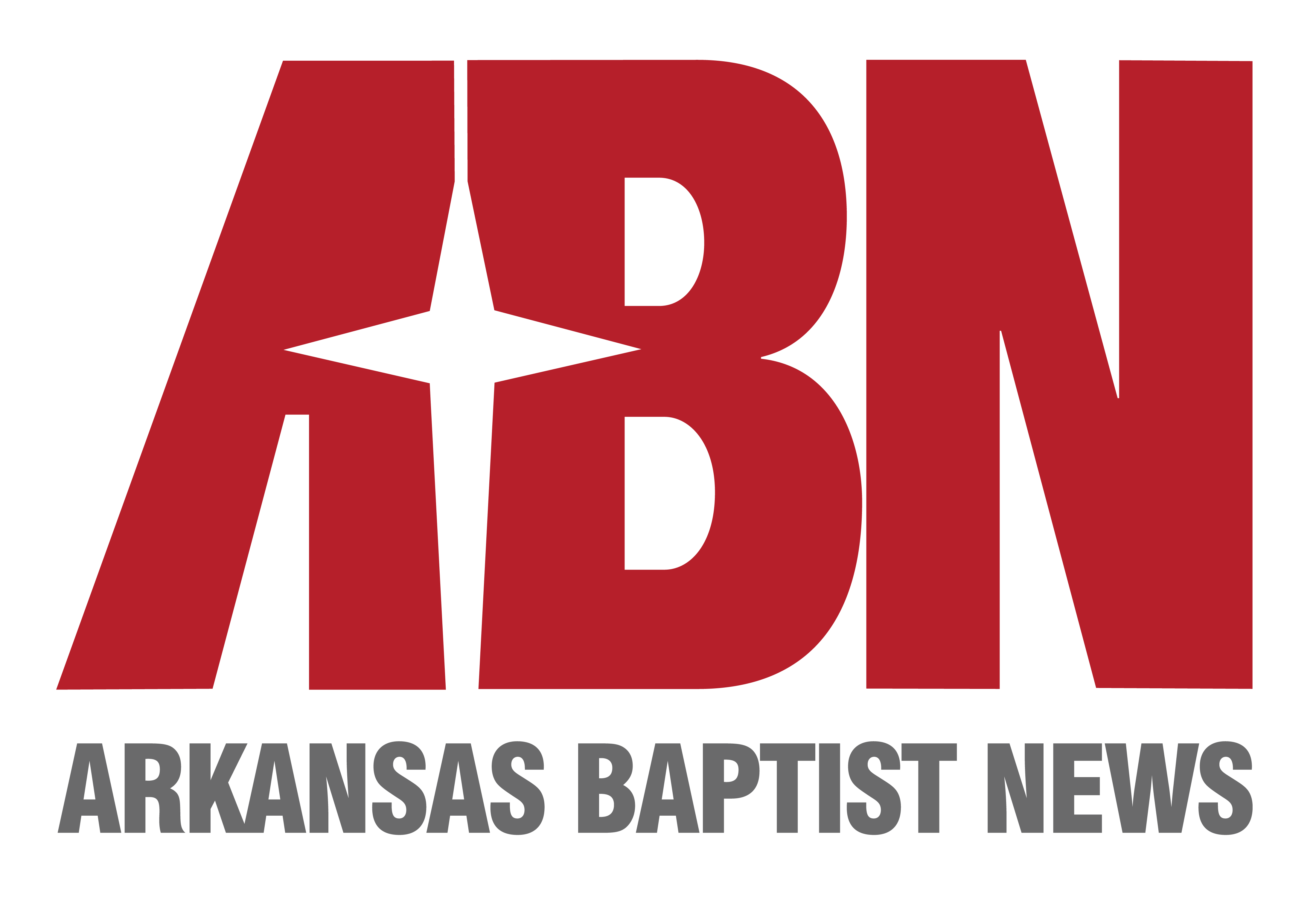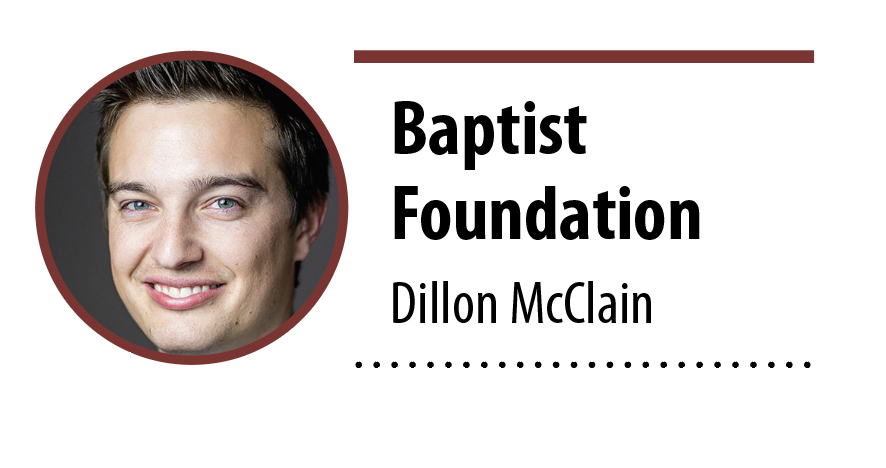The Setting Every Community Up for Retirement Enhancement, or “SECURE,” Act went into effect on Jan. 1, 2020 and changed some of the rules related to Individual Retirement Accounts (IRA) or retirement plan accounts (collectively referred to hereafter as “Retirement Accounts”). The below list is a non-exhaustive list of changes implemented by the SECURE Act that may affect your Retirement Accounts:

–The Required Minimum Distribution (RMD) age increased to 72. Previously, individuals were required to begin mandatory distributions at age 70-and-a-half. This will give your Retirement Accounts longer to grow tax-deferred and take out some of the confusion of when a Required Minimum Distribution is required. You can still make Qualified Charitable Distributions from your Retirement Accounts at age 70-and-a-half.
– Children and other non-spouse beneficiaries must withdraw all funds from the Retirement Account within 10 years. Previously, non-spousal beneficiaries could “stretch” their distributions from Retirement Accounts over their life expectancy. The SECURE Act accelerates the distribution and taxation of Retirement Accounts by placing a ten-year term from the owner’s date of death unless the account is left to a surviving spouse, a minor child, a disabled or chronically ill individual, or beneficiaries who are less than 10 years younger than the original Retirement Account owner.
If you have already begun taking RMDs from your Retirement Accounts or you have inherited a Retirement Account before January 1, 2020, you will continue your current distribution schedule. However, everyone should review their Retirement Account beneficiaries to ensure the changes implemented by the SECURE Act will not have a negative effect on your beneficiaries or estate plan.
With the SECURE Act in effect, a charitable remainder trust (CRT) can ensure a lifetime income stream for beneficiaries, avoid lump–sum distributions, and stretch out tax liability while also establishing a charitable gift for your church or favorite ministry. Generally, you would make a CRT to the secondary beneficiary of your Retirement Account.
Dillon McClain is vice president and attorney for the Arkansas Baptist Foundation.
© Copyright 2019 Arkansas Baptist Newsmagazine, Inc. Use of this article in print or through electronic means a violation of copyright. Request permission to reprint here.

